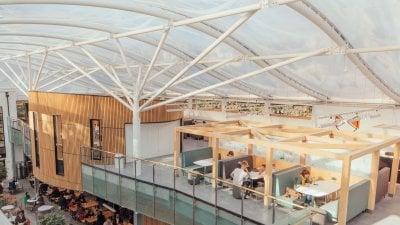Neurodivergence in Magical Universes
This Research & Knowledge Exchange Doctoral Project brief summarises our priority areas of research interest under the heading of: Neurodivergence in Magical Universes
We welcome all research degree applications aligned with and in response to this brief.
Project brief details
This project seeks to bring together two areas have separately received considerable public and scholarly attention in recent years but have not yet been looked at in terms of their joint literary significance. The overwhelming success of JK Rowling’s Harry Potter and the Philosopher’s Stone and its six companion novels was transformational in that it brought a fictional universe into everyday discourse. Although stories of magical schools and systems are hardly new – Ursula Le Guin’s Earthsea series being a notable example – they are now a literary trope. Authors as diverse as Terry Pratchett, Leah Bardugo, David Slayton, Holly Black, Garth Nix, and Lev Grossman have explored this territory.
The second thread concerns neurodiversity – specifically, the massive increase in the number of adults and children being diagnosed with autism, ADHD, dyspraxia, and/or other forms of neurodivergence. There has been a significant degree of media coverage of, for example, the rise in ‘AuDHD’ and adult-autism diagnoses, for example. In popular culture, neurodivergence is sometimes referred to as a ‘superpower’ due to the way information is processed and the lateral thinking that can result. Yet there is also a hesitation among neurodiverse people about being both stereotyped and medicalised.
Literary protagonists in novels involving magical systems and schools are often coded as autistic even if they are not explicitly named as such. Researchers might like to consider questions such as, How do these narratives shed light on the complexities of neurodiverse experience? Do these characters challenge stereotypes or reinforce them? How are these mythical and magical narratives reframed to subvert existing or to create new power structures?
We are seeking innovative proposals that reinvent or investigate how fictional representations of magic and neurodivergence intersect. Critical or practice-based proposals are welcomed on creative writing, literature, film, and television.
Strategic alignment
Projects deriving from this brief are expected to sit within the Research & Knowledge Exchange strategy and the following department.
| Department | School of Communication |
|---|
All successful research degree project proposals must emphasise a clear alignment between the project idea and our Research & Knowledge Exchange strategy.
Project brief lead

Project Supervisor: Dr Marshall Moore
From North Carolina, Dr. Marshall Moore relocated to the UK in 2020 after living and working in Asia since 2005. He spent three years in Seoul first, followed by 12 years in Hong Kong. He holds an MA in applied linguistics from the University of New England (Australia) and a PhD in creative writing from Aberystwyth University.
Find out moreHow to apply
Enquiries
Project brief & project proposal enquiries
To discuss this project brief, ideas or project proposal responding to this brief, please contact: Dr Marshall Moore.
Application enquiries
For all other application related enquires please contact the Research & Development team.
T: 01326 255831
Additional resources
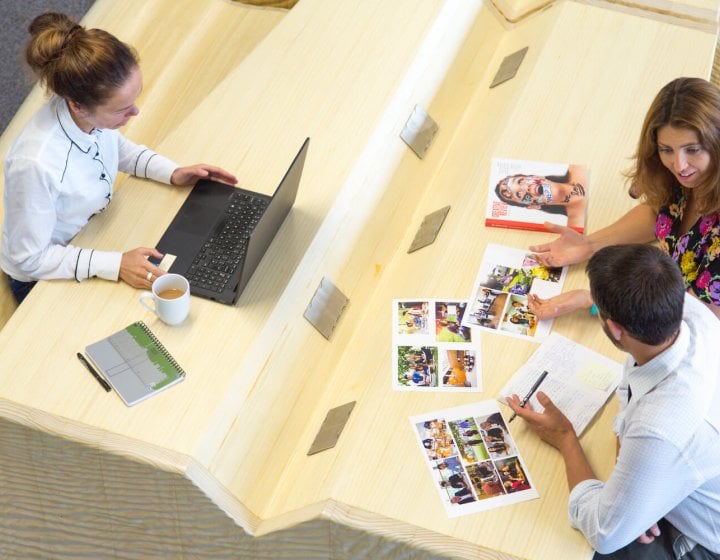
Fund your Research Degree
See the options available to help you fund your research degree.
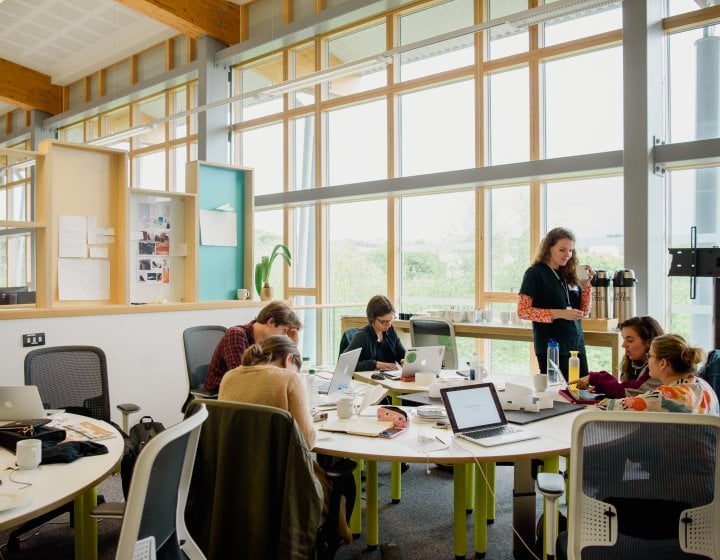
Falmouth Doctoral Studentships
You can apply for a fully-funded Falmouth Doctoral Studentship as part of your research degree appli...
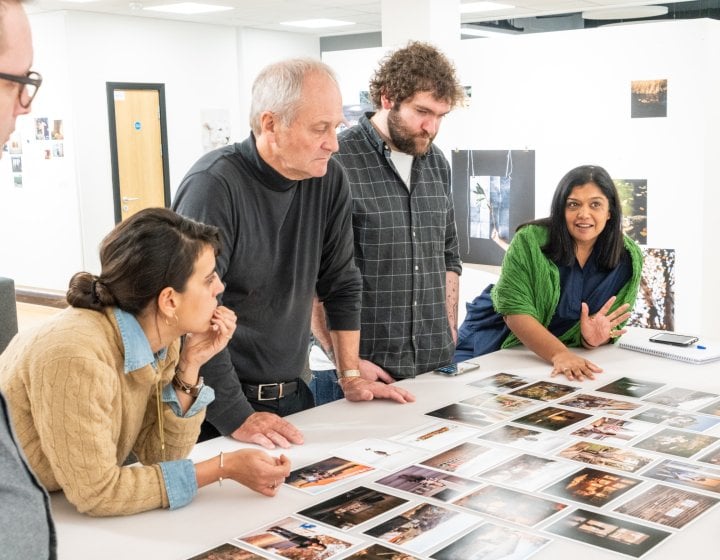
Research & Knowledge Exchange
By stepping beyond disciplinary lines, harnessing creativity and working with communities, we delive...
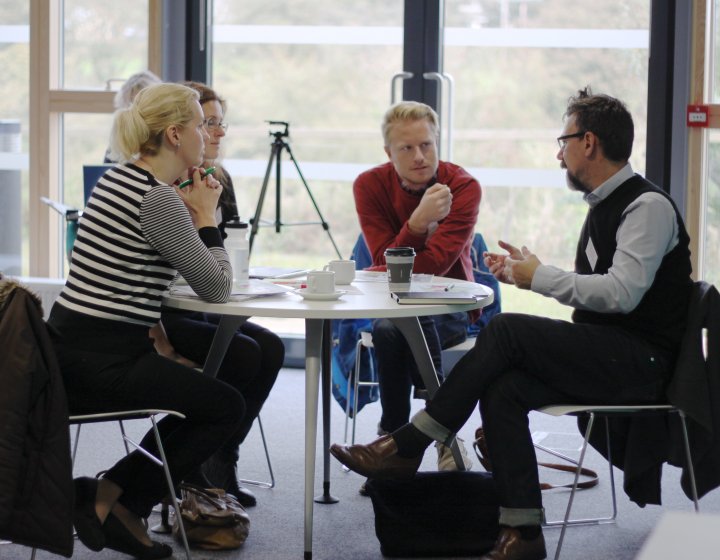
Doctoral Project Briefs
We invite MPhil and PhD project proposals that respond to a doctoral project brief.
